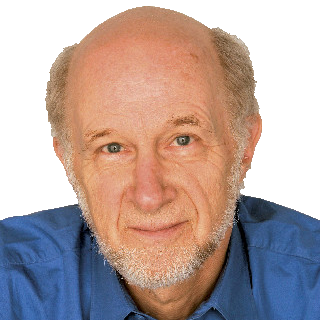
George Vecsey
Biography
George Vecsey was born and raised in Queens, NY. Vecsey graduated from Hofstra University in 1960. His first job in journalism was then with the Associated Press at the age of 16, and he had moved on to the New York Daily News by the time he had graduated high school. Both of his parents were journalists, and his father helped him get his start in journalism.
In 1968, he was hired by New York Times sports editor James Roach to cover the New York Giants. In 1970, New York Times editor Gene Roberts hired him to cover the Appalachia region, which he later called the best job he ever had. He returned to the sports section of the Times in 1980 to write features and columns.
Interviewed by Josh Rogers
I was born and grew up in Queens.
Both of my parents were journalists, so it automatically influenced me at a young age. The thing I remember most about my youth was tracking World War II through the newspapers. That was how I got my news and it intrigued me a lot. My parents were always talking about the war, so the newspapers were the way I kept up with the conversation.
My dad was a sportswriter. I delivered newspapers when I was a kid in high school, and when I finished my father got me a part-time job working for the Associated Press one day a week. So I did that for a little.
I would take football scores off the wire and get them ready for radio or to run in print, whatever they needed me to do. That was fun. It was a low-pressure job that helped me get my feet under me, but I wanted more. I would always see the sportswriters going to and from games and seeing the sports editor to do what he did, it made me want more.
At 16, they put me on the copy desk. As a copy boy, I learned a lot about great writing. I was editing the copy of some of the best writers in the business, so that helped me learn what good writing was. A few of them mentored me, so that helped a lot as well.
I was around newspaper people not only as a little kid, but also as a 15-year-old and on. That really shaped me into the writer I would eventually become.
Next, I got a summer job at the New York Daily News after I graduated from high school. My father worked there, so he helped me get that job. This was back when the New York Daily News was a big publication. People read and trusted it. If you wrote for the News, people knew your name.
My mentor at the Daily News was Dick Young.
Dick covered baseball and knew everyone and everything about the sport. But he was also a great guy. People didn’t always like his writing because he held nothing back and didn’t mince words, but he was a great writer and an even better mentor.
He knew so much about the game. He knew how to cover the games, how to cover the players, and how to do it all so well. That’s where my love for baseball started. I had always liked the sport, but seeing the baseball writers, like Dick, in the newsroom every day and watching them go to the games, that’s when I knew what I wanted to do.
Dixie Walker was always my favorite player. At least until I found out he was really opposed to playing on the same team as Jackie Robinson. Then I didn’t like him so much anymore.
I learned so much from my Newsday mentors Jack Mann and Stan Isaacs, my friends until their deaths, and I also learned from older writers like Leonard Shecter of the New York Post, Larry Merchant and Stan Hochman of the Philadelphia Daily News, Dave Anderson, Bob Lipsyte and Leonard Koppett of the New York Times. I learned from Roger Angell of the New Yorker and Ray Robinson, editor of magazines and later a book writer (two nonagenarians, blessedly still with us.)
When I became a news reporter in 1970, I learned from so many people -- Gene Roberts, the national editor who hired me to go to Appalachia, best editor I ever met. Plus, friends at the New York Times like Ben Franklin, Charlotte Curtis (a giant, came along too soon to become a managing editor or even Editor), dozens of reporters on the Metro staff, I tried to learn from them.
When I was seven, my dad took me to a game. He got me into the pressroom with him. I still have this image of the bartender sliding a coke across the bar to me at the pressroom bar. When I started covering baseball for the News, I was covering a game at the Polo Grounds. I went up to the bar to order a drink, and it turned out to be the very same bartender. I thought that was pretty cool.
After high school, I knew I loved journalism and sports writing, but I also knew I should probably go to college. I went to Hofstra.
My dad knew the sports information director there, and he got me a student fellowship to work 30 hours a week for football, basketball and baseball. I just got to keep score for them, but it gave me a chance to see what athletes were like up close.
After school, I got a job at Newsday. That was my first real reporting job. Newsday was my first “we.” Newsday taught me to play the game right. The national baseball guys there took notice of me and took me under their wings. After that, I got hired there and stayed there for eight years.
I covered my first baseball game at Newsday in June 1960. I was very ambitious. I wanted to cover as much as a I could. The reporter I was going with, he looked at me and said, “You think you’re ready for this?” He was pointing at the whole schedule. I don’t think I did a very good job then, but that was the start of it.
One of the best moments, for me, was when I got married and then covered the World Series the weekend later. That was kind of cool.
Newsday was just growing when I got there, and I got to grow with it. Some of the best writers to ever enter the business were there when I was starting, so I learned from the best.
I loved sports writing, but I also knew I wanted to do something else besides sports after Newsday. I volunteered to work for an afternoon paper, which I guess doesn’t exist anymore, for the New York Times. I didn’t end up joining the afternoon paper, but they needed a baseball guy, so I ended up back in sports. They hired me in 1968.
James Roach, a very nice man, was the sports editor who brought me over to the New York Times in 1968. It was a different time. There were so many opportunities for eager, ambitious young people that you could afford to dream about the ambitious career I’ve had. Now, there no future for traditionally what we’ve called print newspapers.
I covered so many people in the ’60s who are memorable to me -- Jim Brown, Muhammad Ali, Bill Russell, Kareem Abdul-Jabbar, all special because they were politically and socially active. That was the ’60s.
I got to cover Bob Gibson, Sandy Koufax, Mantle and Maris...and dozens of the early Amazing Mets including Casey Stengel. I had friends in NY -- Bill Robinson, Ruben Amaro, Ron Swoboda, Steve Hamilton, Jim Bouton, Ed Charles, all of them interesting people of that decade.
Later, just off the top of my head -- Flo Hyman, great volleyball player 1984 Olympics, died young, Martina Navratilova, wrote her book, Bob Welch, ditto, some of the NY Cosmos, circa 1980-83, and Keith Hernandez of the 1986 Mets. Mike Bossy of the NY Islanders, great player, cool guy. Pierre Larouche, Rangers, piece of work. Can't pick one. Maybe Martina and Welch, because they were great athletes and I got to know them via the books.
In 1969, they needed someone to cover the New York Giants, so they moved me over there. But in 1970, I got a call from the national desk at the Times. Gene Roberts, the editor, was one of the great journalists of our time. Roberts recruited me to move from sports to the national desk and move to Louisville, Kentucky to cover the Appalachia region.
It was the ultimate job. I am sure it was the best job I’ve ever had. I did more in two years that I still think about and talk about than any other time in my life. I was covering the coal mines, which were, at the time, really one of America’s lifelines, but there wasn’t much attention paid to them. That’s when I was working on Coal Miner’s Daughter, a book a helped co-write.
It was just wonderful, but it didn’t work long range because I didn’t want to be moving around. My wife didn’t like it either. That region just didn’t suit her. I moved back to New York and covered news and religions for a number of years. I met the Pope, I met the Dalai Lama, I did things I never dreamed I would do.
In 1980, the sports editor, Le Anne Schreiber, asked me to come back to "write about sports as if you were writing a play or a short story." That was the only way I could have come back to familiar territory -- working for a very non-sports editor who was so smart. She moved on quickly; we're still in touch. She liked the way I wrote about nuns while on the religion beat. Nuns were the best group of people I met on that beat. It was an offer I just couldn’t refuse. I continued to write columns and became a full-time sports columnist and stayed in that position, even to this day, although now I am semi-retired.
To me, covering the World Cup was the coolest thing. I got interested in the New York Cosmos. I started covering them, then before I knew it I was covering the World Cup for the Times. The World Cup got me to even more exotic place than I had already been, all over the world. I like languages, and I like trying my hand at them, so the World Cup also gave me an opportunity to do that.
I was surely an idiot for the first World Cup I covered. There was no internet, so I had to and buy and read all the papers and piece things together.
But I wasn’t a total idiot by the time I stopped, let’s put it that way.
My advice to young journalists is to give everything your best shot. You do your best stuff in your first couple years in a job in journalism because you’re curious. I took a buyout from the Times at 72, and I just felt like it was definitely time to get out of the business. It was time to retire.
The business is so different now. Young journalists have to be so competitive now, they have to turn out so much, what they call now, content.
But I wasn’t a total idiot by the time I stopped, let’s put it that way.
I used to read the New York Daily News and Newsday almost regularly to keep up with the sports news but also New York City (News) and Long Island, where I live (Newsday). I have a history at both places and hate to see what they have become. I don't read them anymore.
I read the New York Times every day in the print version although sometimes I poke around in the on-line version. I'm an old guy, and want to actually read something that is holding still without ads jumping around on a tiny screen. But for pro-active checking out, of course, the New York Times online is great -- and the future. I know that.
What do I read in the New York Times? Front page-sports section-editorial page - obits, then back to inside Metro news but ultimately the whole paper.
In my old age I read the business section more. I am unlearned about business. I love Kristof, Dowd, Michael Kimmelman, Dan Barry, now writing sports, Frankie Clines and -- a kindred soul, Corey Kilgannon, my favorite Metro byline because he wanders at the periphery of the city, finding odd stories in dives, in hard neighborhoods. He writes the stuff I loved to write when I worked on Metro. I know him from when he was a young guy in Sports and hope he pokes around on his beat forever. Everybody else wants to cover the White House or whatever. Corey wants to cover Spanish Harlem.
So many great reporters -- essentially the entire news-gathering process. Oh, and Margaret Sullivan the Public Editor (now with The Washington Post). She is brilliant. I hope they give her a lifetime contract.
I should read the Wall Street Journal but don't. When I covered news, I read it and the Financial Times more. I find the Guardian online. When I'm in Europe I read the Guardian or Independent, La Liberation in France, La Repubblica in Italy, El Pais in Spain. I’m not fluent in any, but I can follow stories, and they have my point of view, or vice versa.
As far as books go, I read non-fiction. Histories by Robert Massie.
I read almost no fiction these days. Real world is weird enough.
My favorite book as a teen-ager was Look Homeward Angel by Thomas Wolfe. His few long books formed my life view as a semi-outsider and observer. I love him, have visited his home, and his grave in Asheville. He's still my favorite writer, all-time.
In college I read Ulysses, which I would call the best book I ever read.
Probably not a day goes by that I don't have some Joycean flash that refers back to Ulysses.
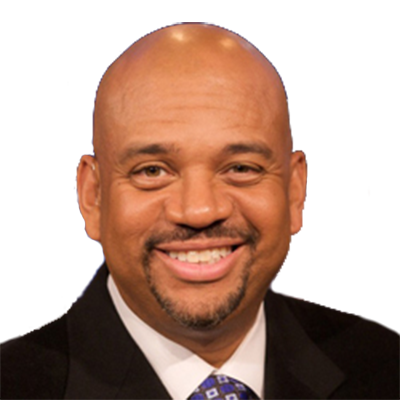 Michael Wilbon
Michael Wilbon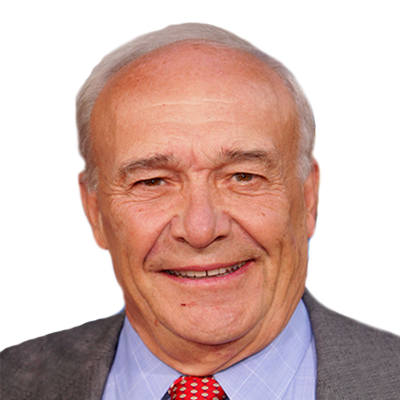 Bill Nack
Bill Nack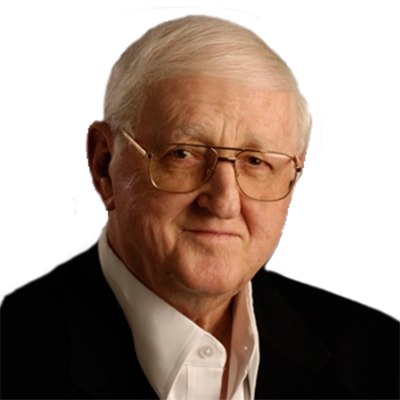 Dan Jenkins
Dan Jenkins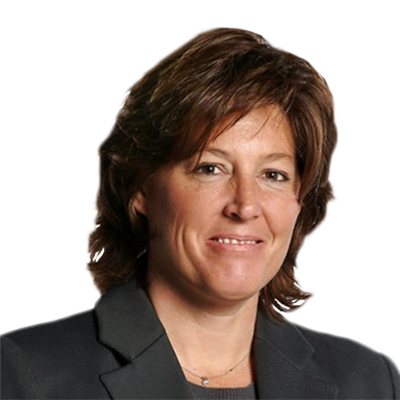 Sally Jenkins
Sally Jenkins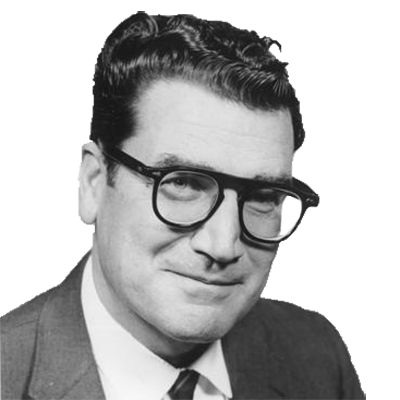 Jim Murray
Jim Murray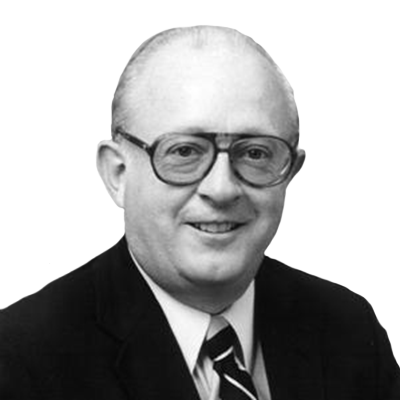 Dave Anderson
Dave Anderson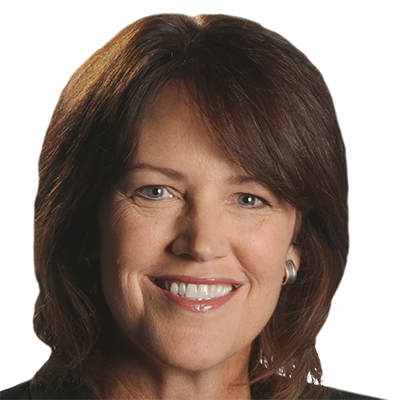 Christine Brennan
Christine Brennan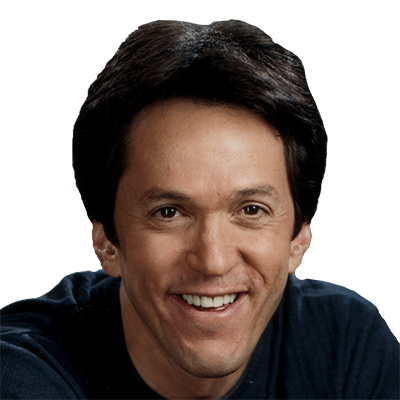 Mitch Albom
Mitch Albom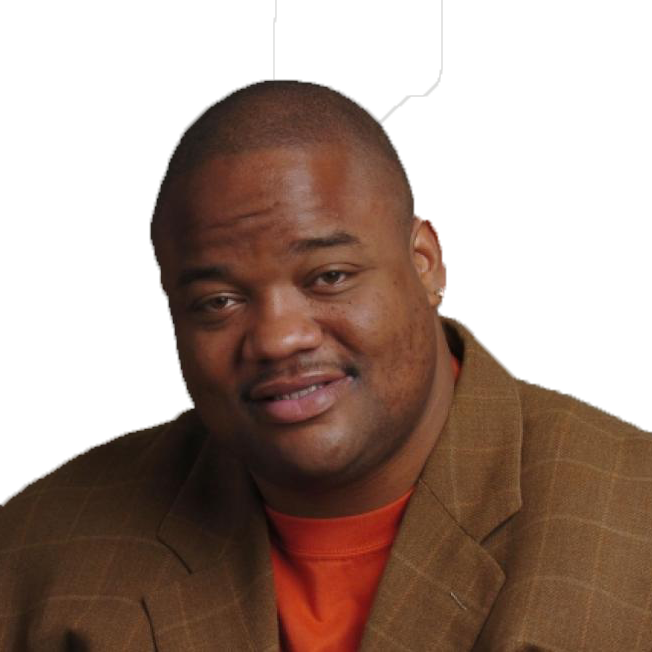 Jason Whitlock
Jason Whitlock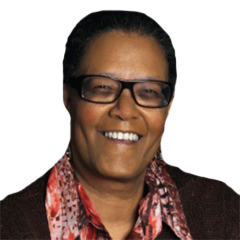 Claire Smith
Claire Smith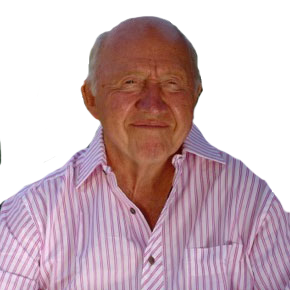 Bud Collins
Bud Collins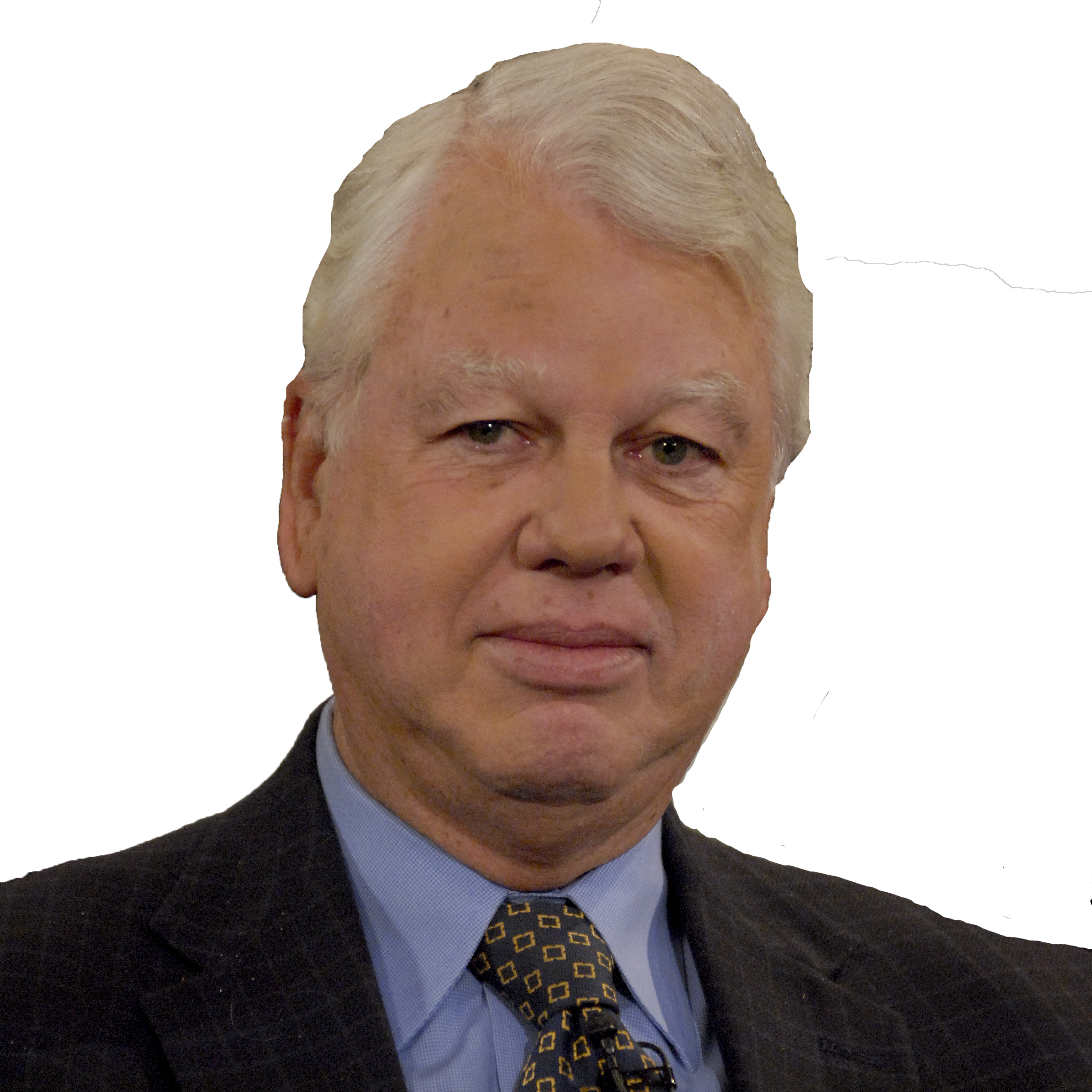 Bob Ryan
Bob Ryan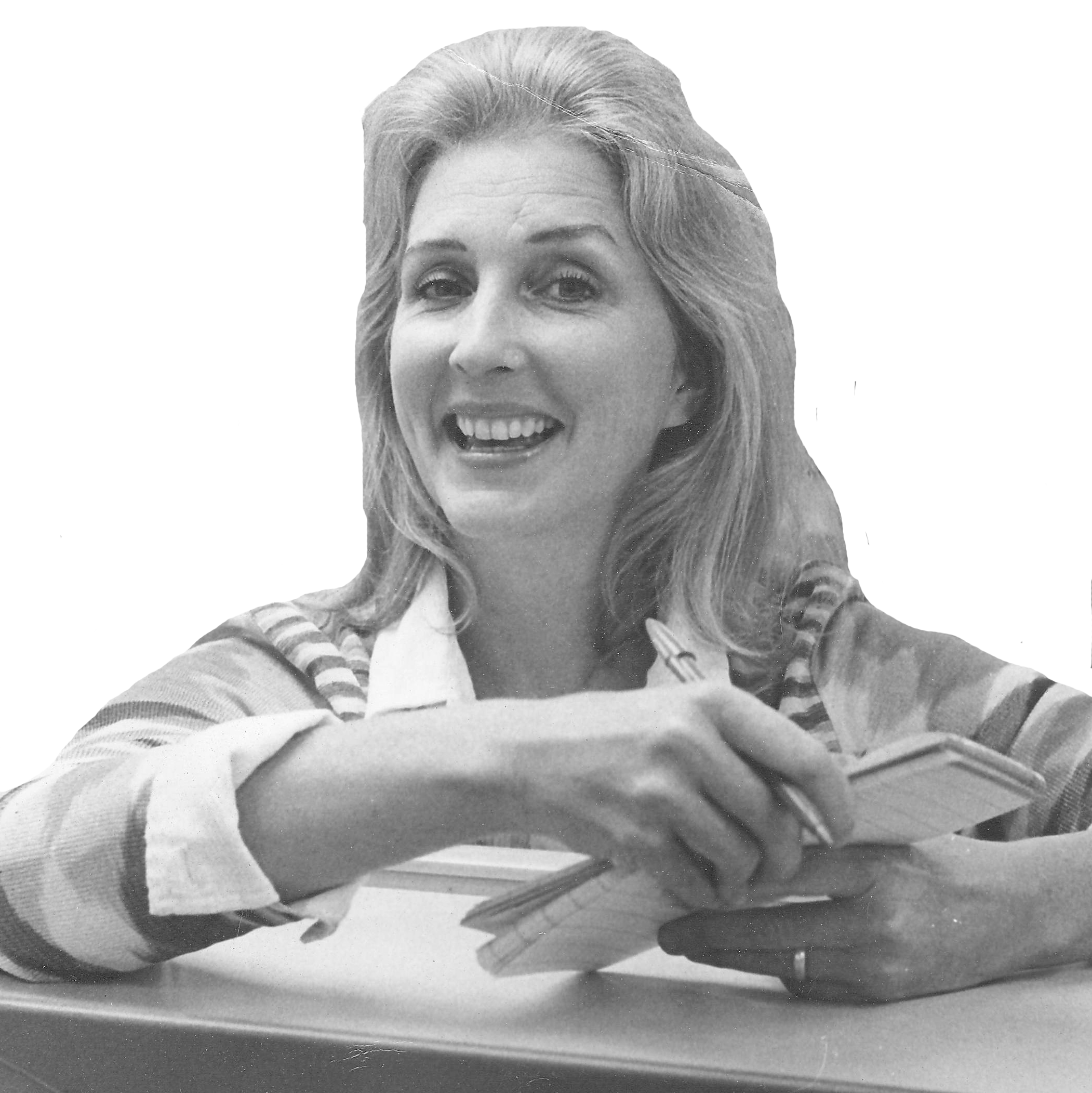 Joan Ryan
Joan Ryan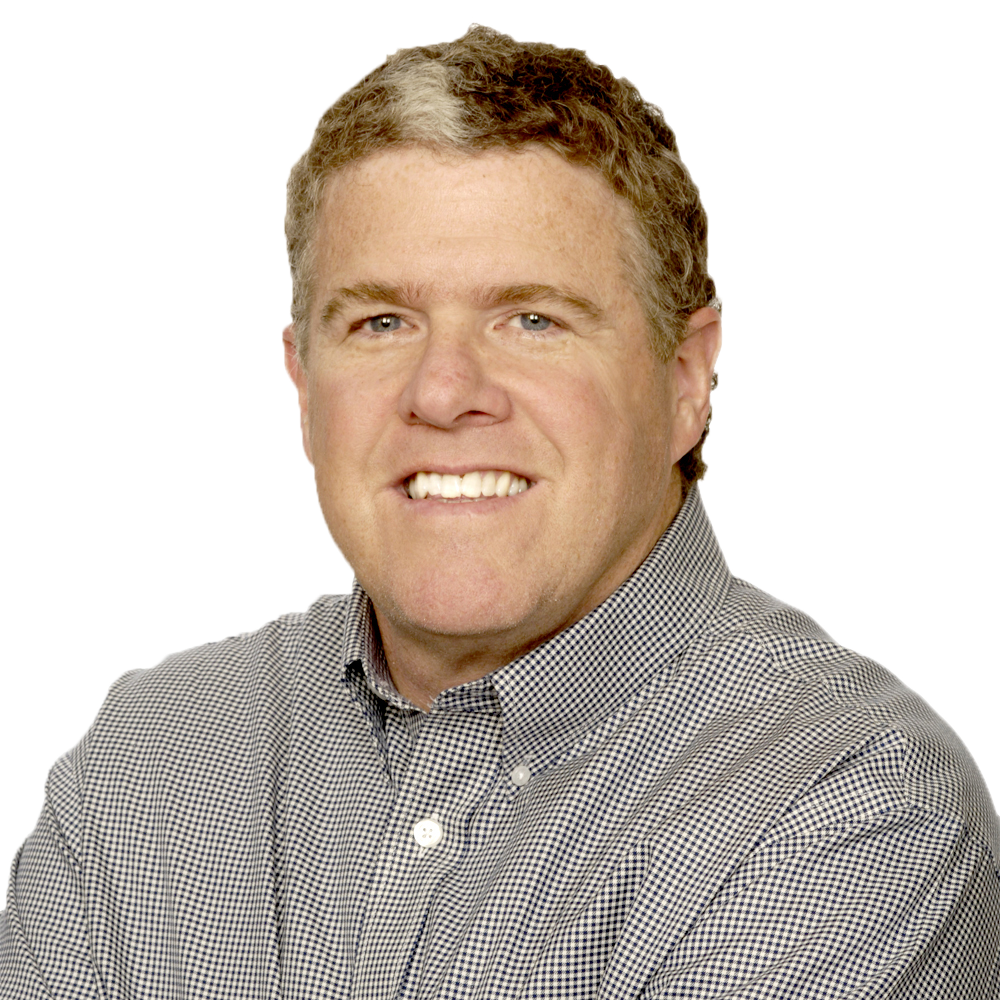 Peter King
Peter King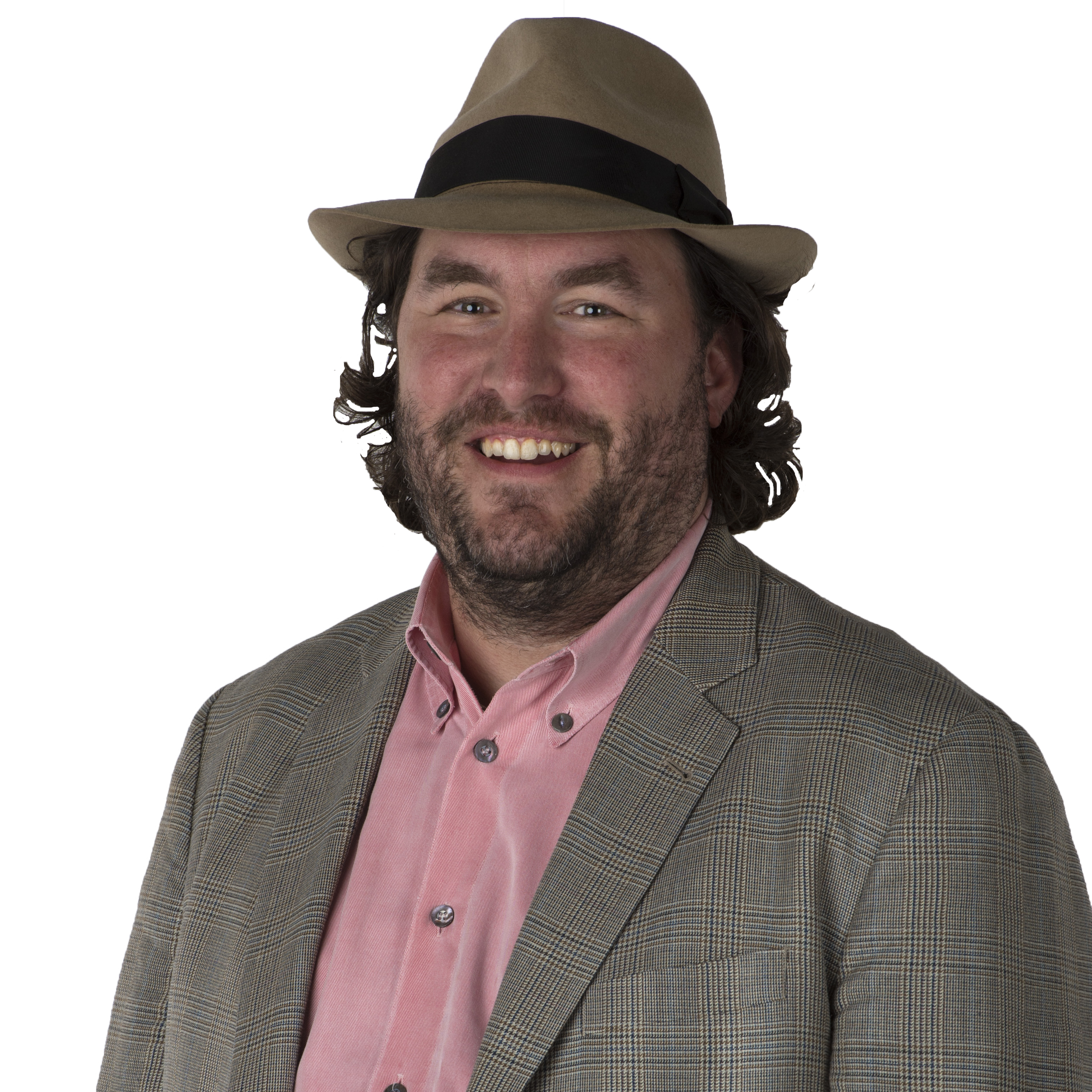 Wright Thompson
Wright Thompson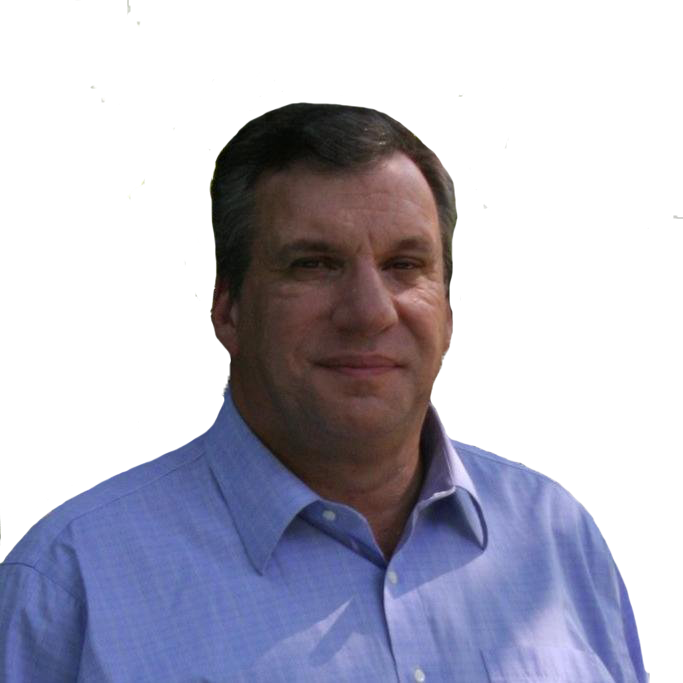 John Feinstein
John Feinstein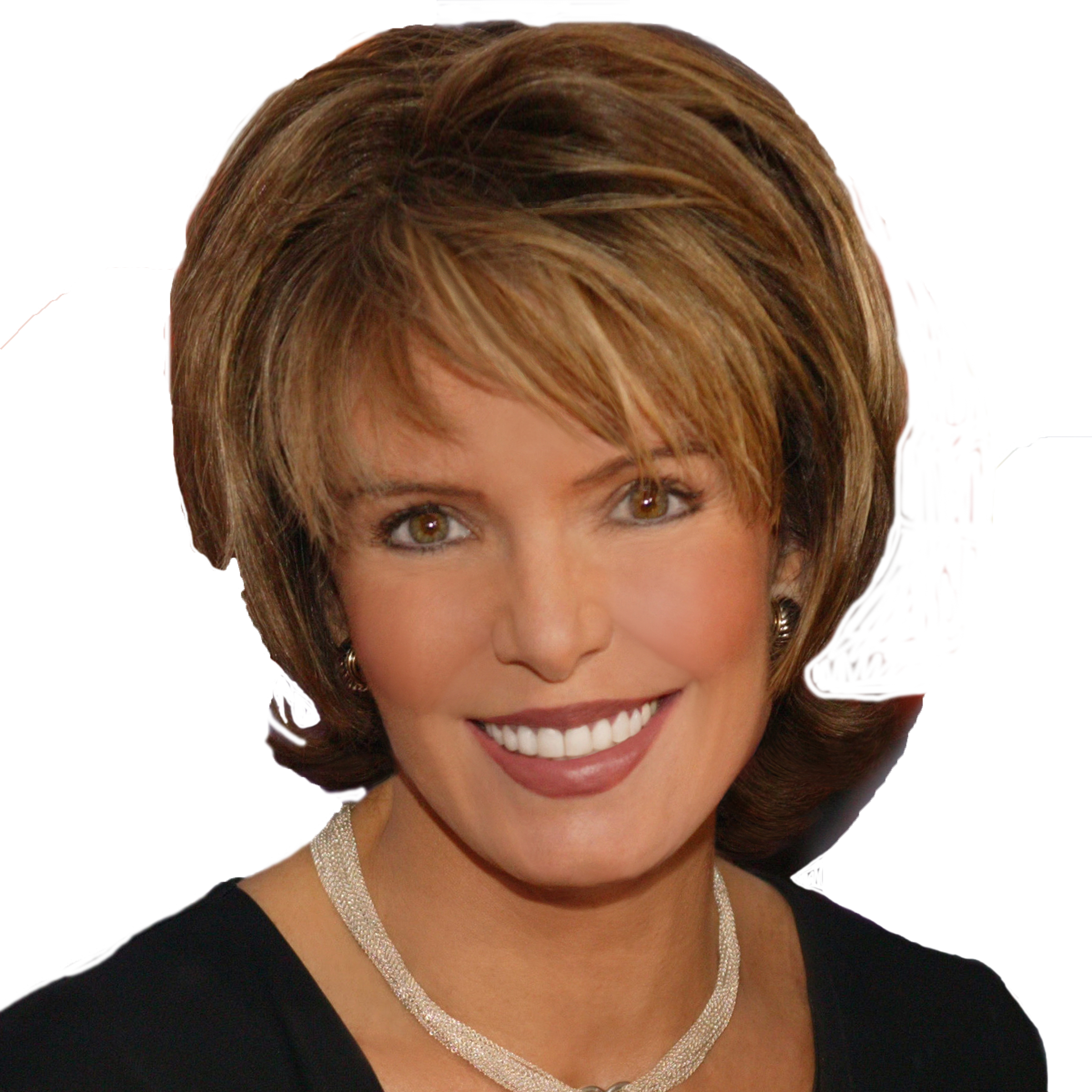 Lesley Visser
Lesley Visser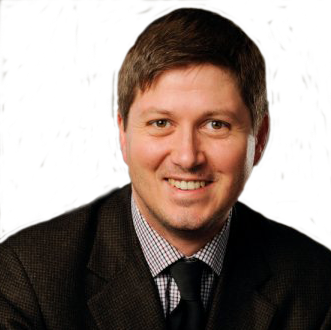 Will Leitch
Will Leitch Tim Kurkjian
Tim Kurkjian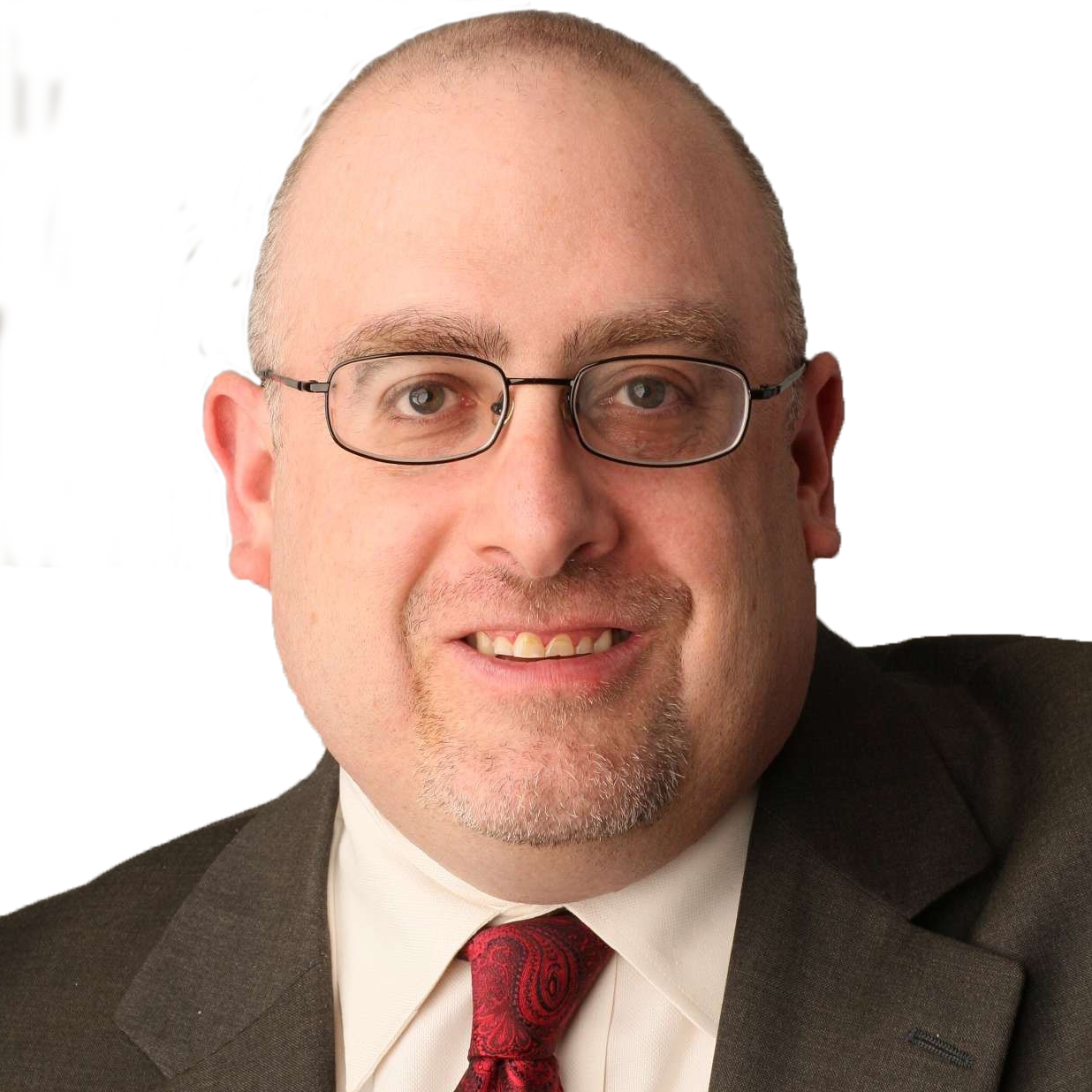 Joe Posnanski
Joe Posnanski
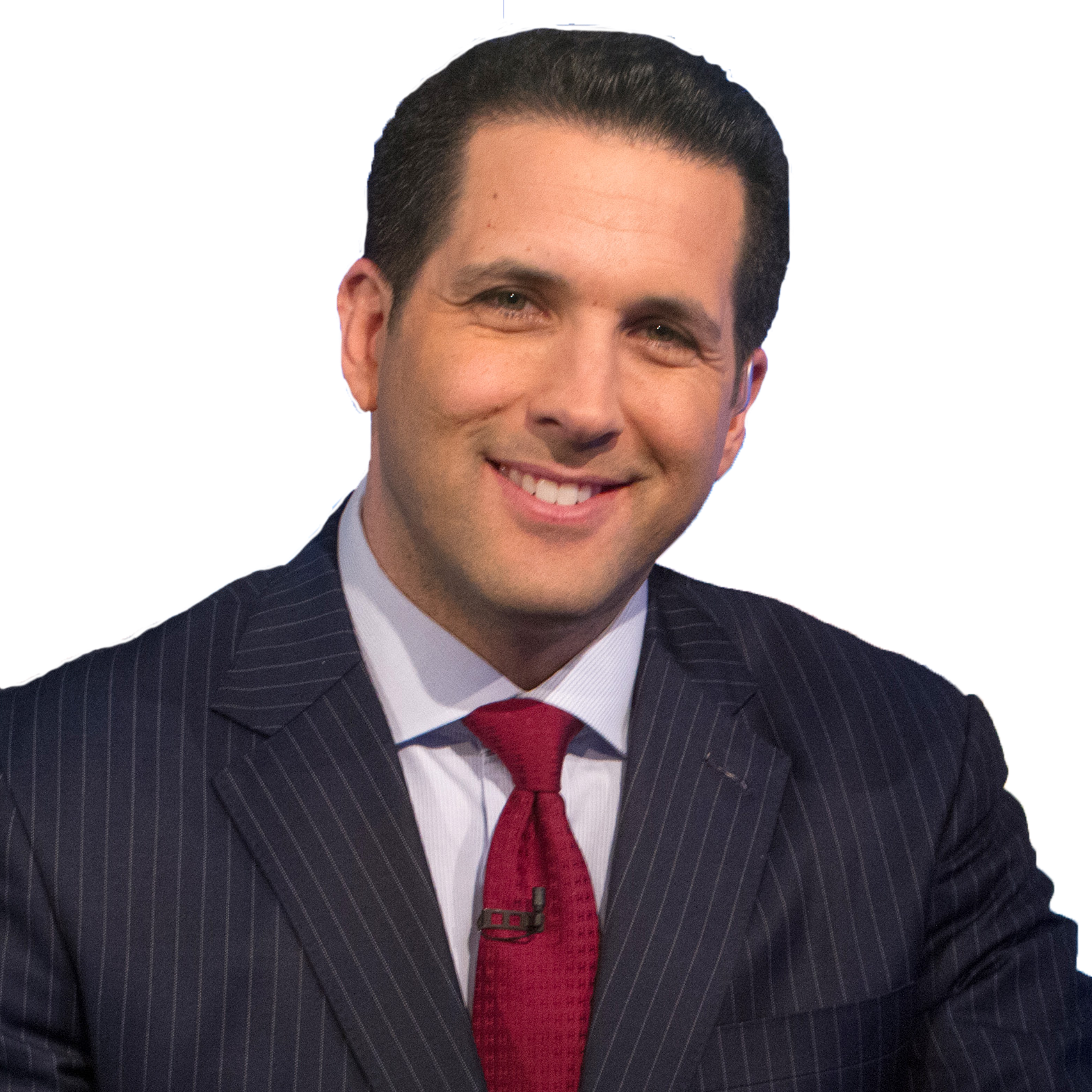 Adam Schefter
Adam Schefter
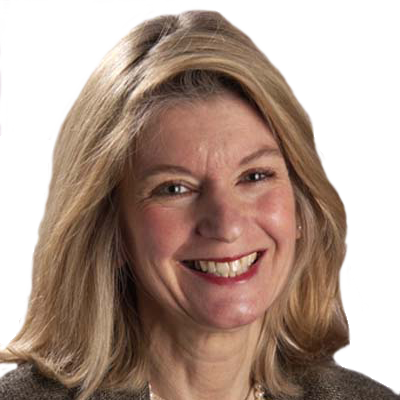 Terry Taylor
Terry Taylor
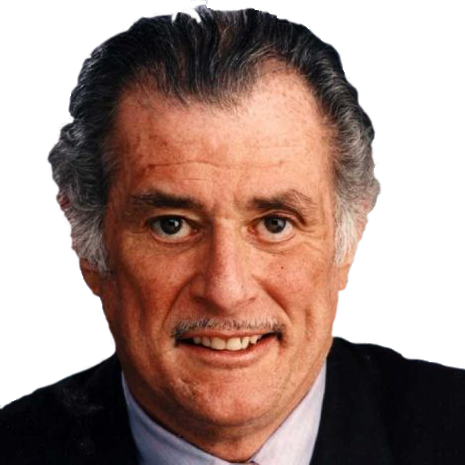 Frank Deford
Frank Deford
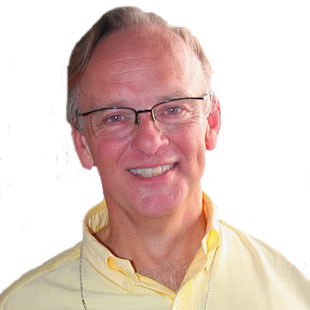 Tom Boswell
Tom Boswell
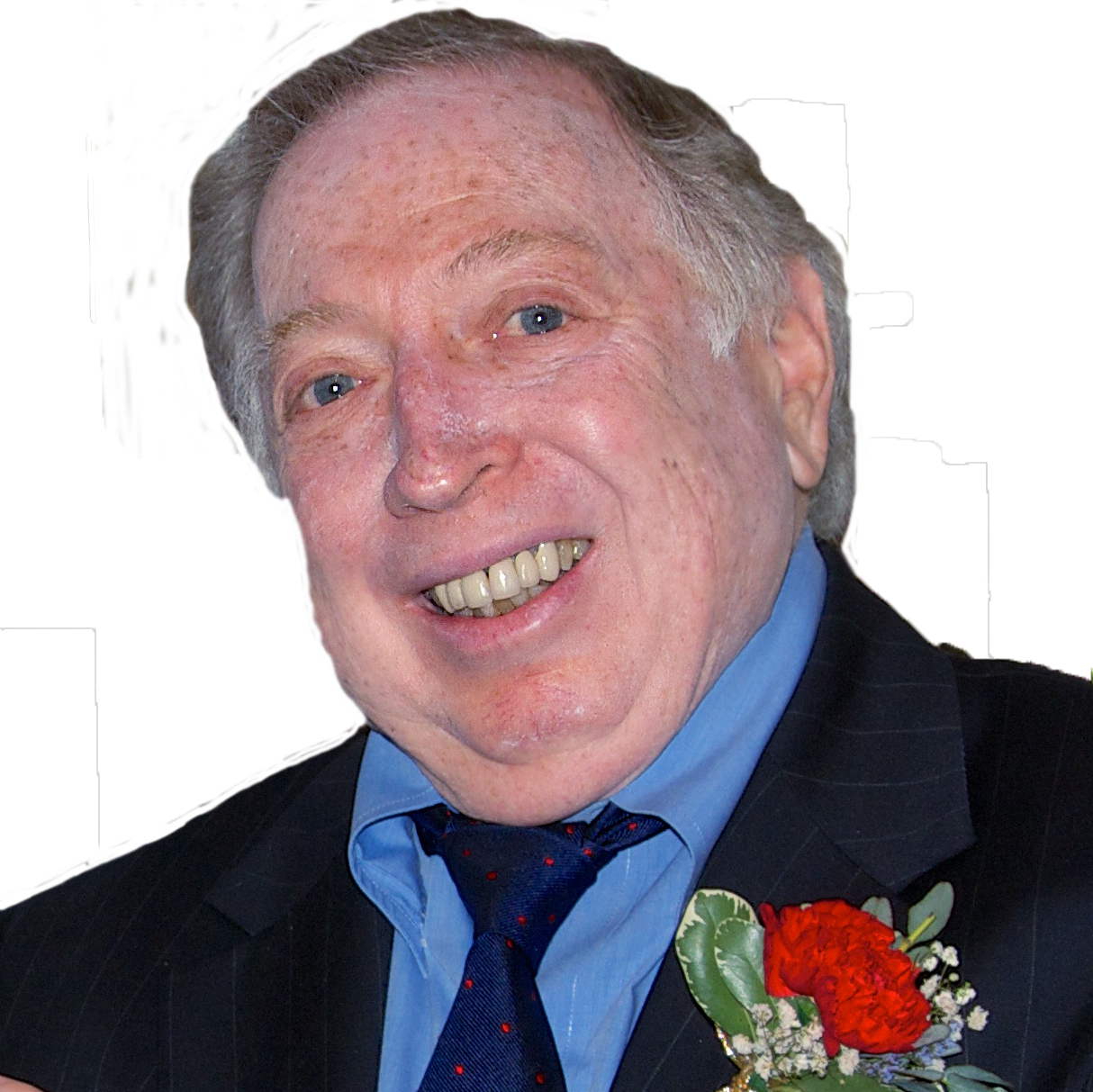 Neil Leifer
Neil Leifer
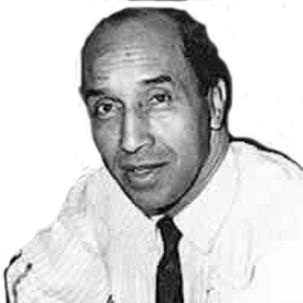 Sam Lacy
Sam Lacy
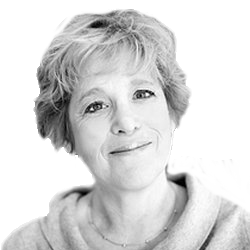 Jane Leavy
Jane Leavy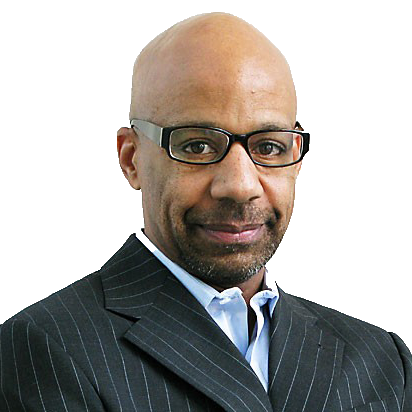 Kevin Blackistone
Kevin Blackistone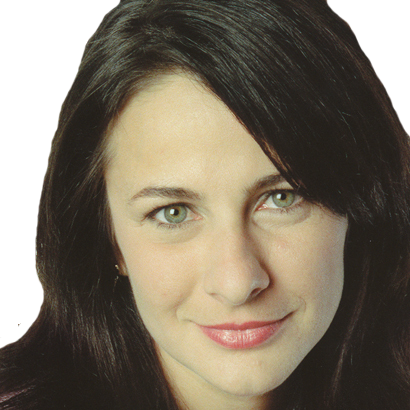 Juliet Macur
Juliet Macur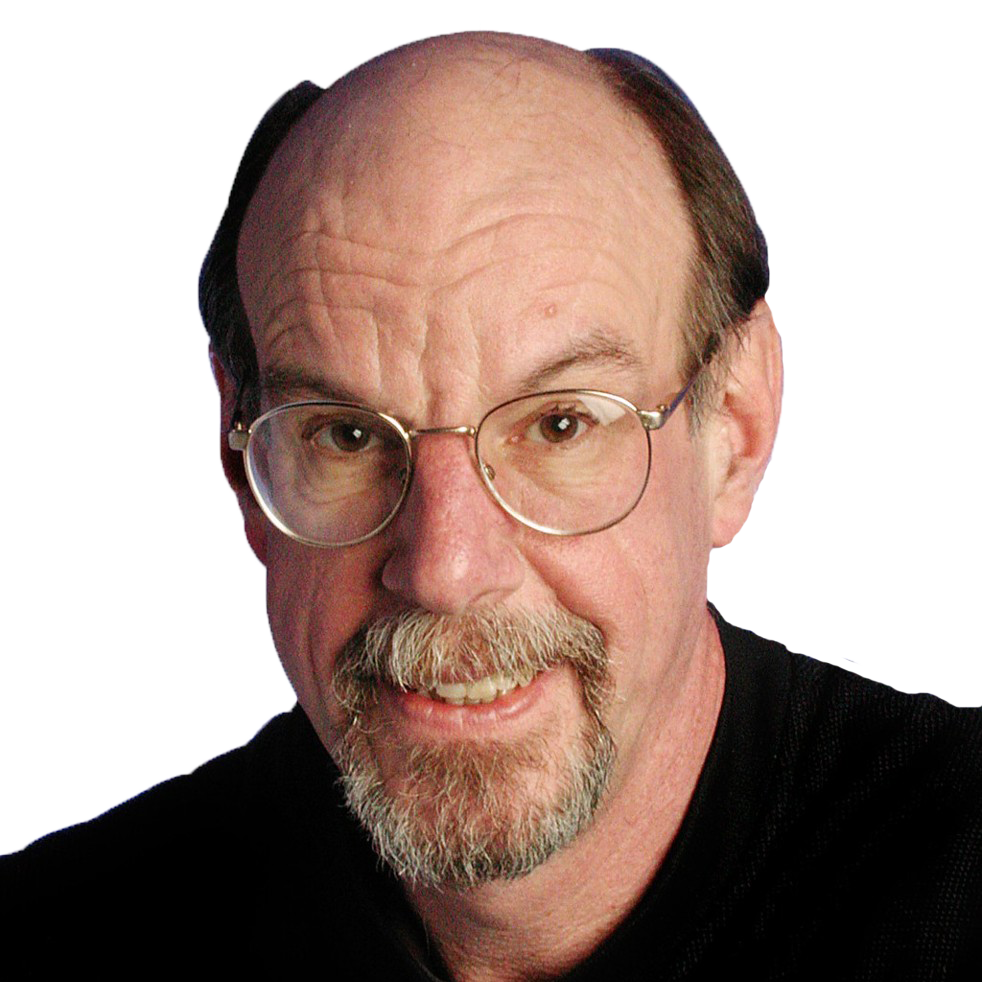 Andrew Beyer
Andrew Beyer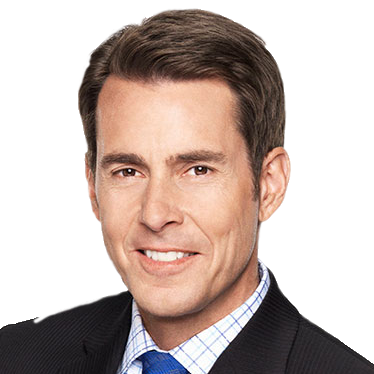 Tom Verducci
Tom Verducci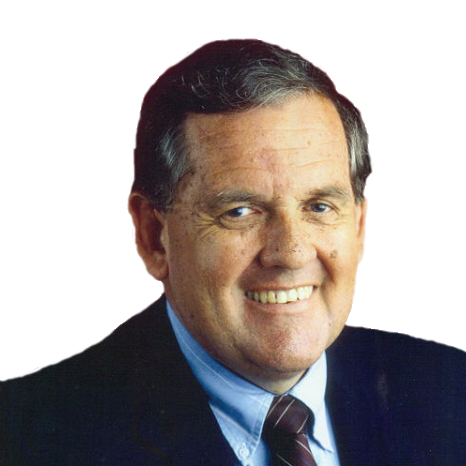 Hubert Mizell
Hubert Mizell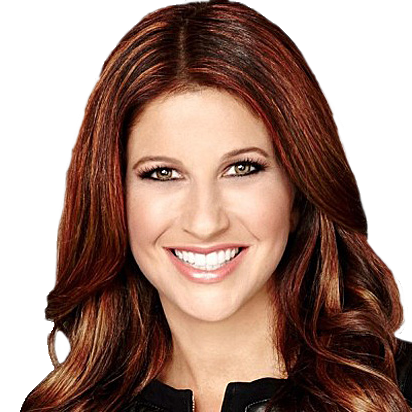 Rachel Nichols
Rachel Nichols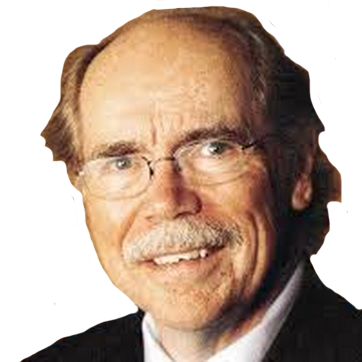 Dave Kindred
Dave Kindred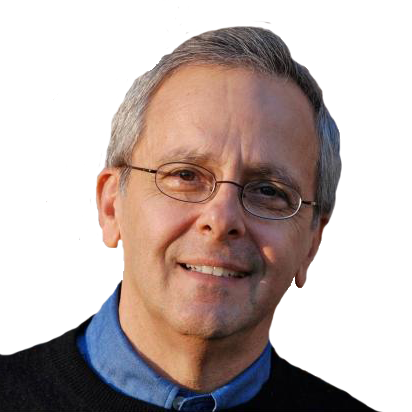 Mike Lupica
Mike Lupica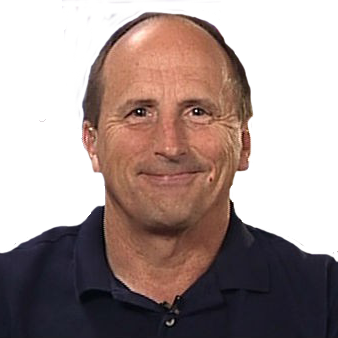 Richard Justice
Richard Justice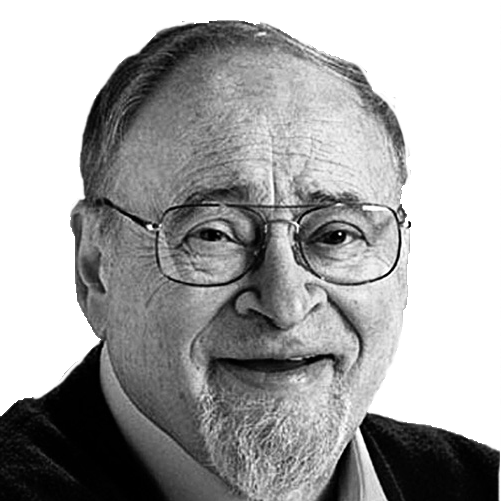 Jerry Izenberg
Jerry Izenberg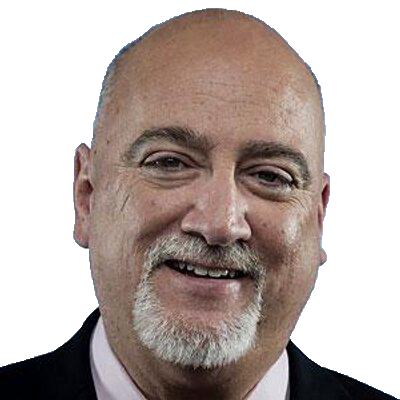 Bill Plaschke
Bill Plaschke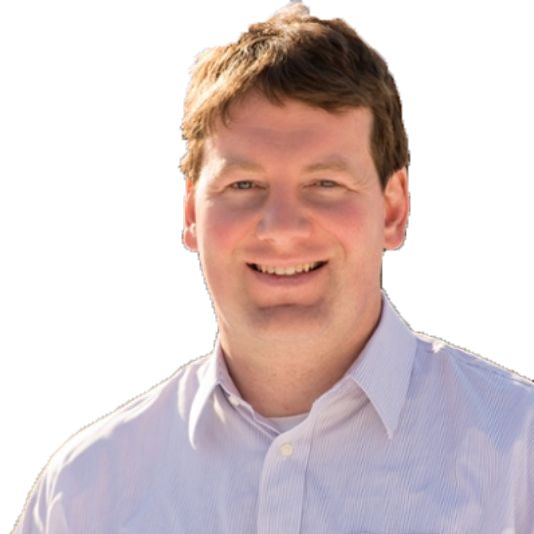 Kevin Van Valkenburg
Kevin Van Valkenburg George Vecsey
George Vecsey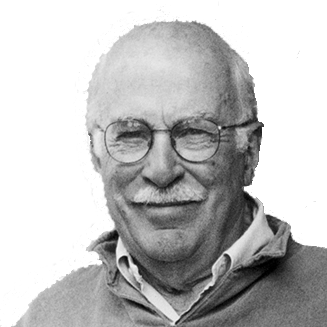 Roger Angell
Roger Angell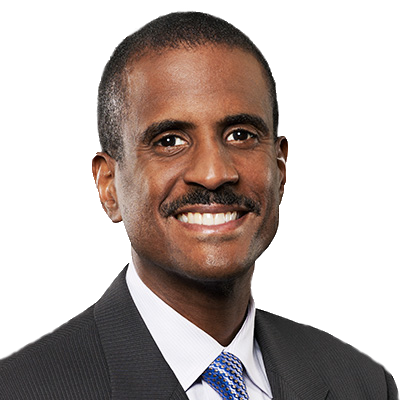 David Aldridge
David Aldridge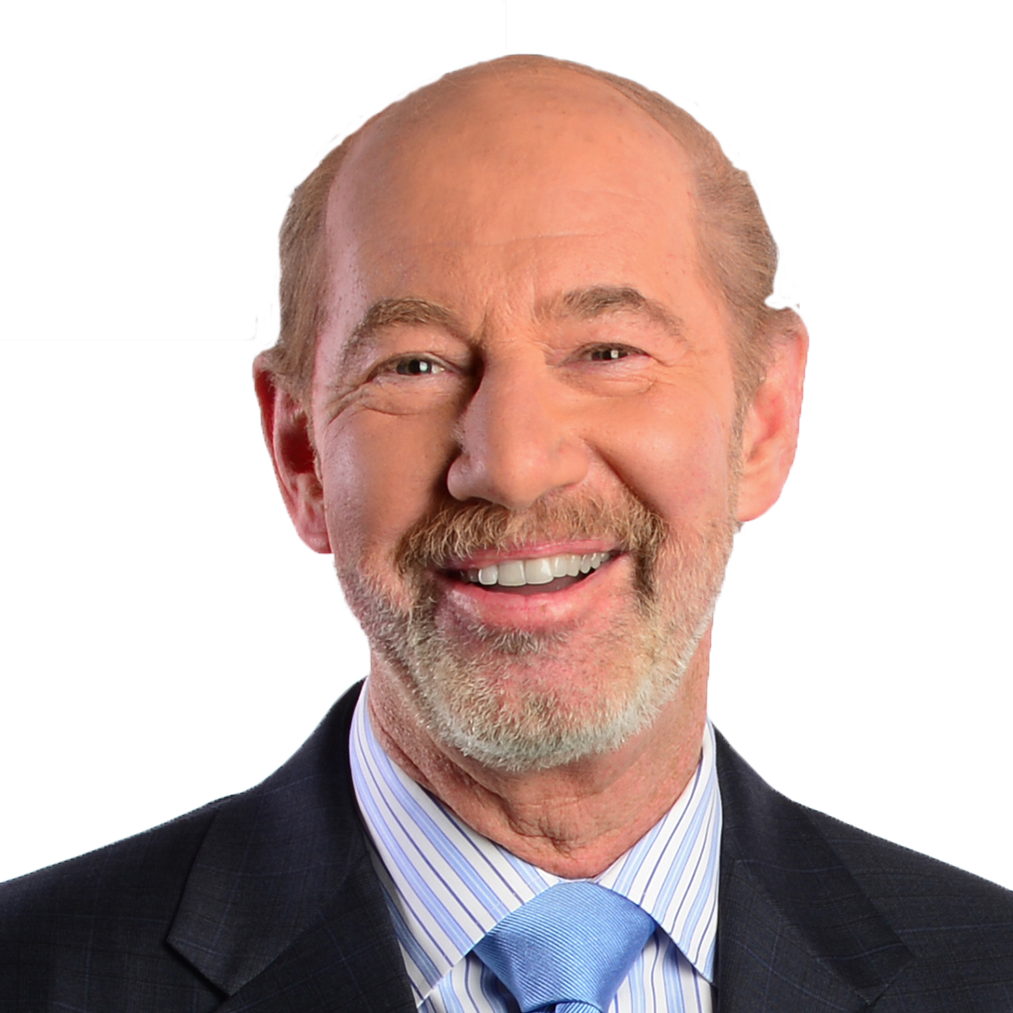 Tony Kornheiser
Tony Kornheiser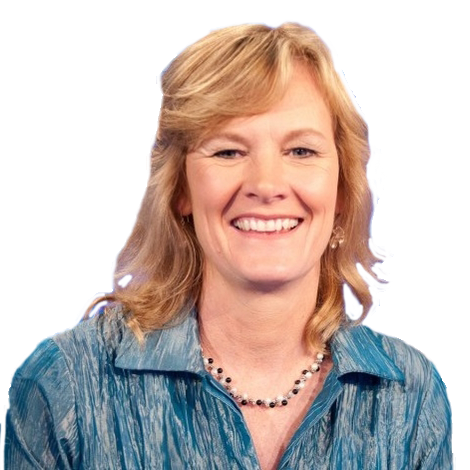 Jackie MacMullan
Jackie MacMullan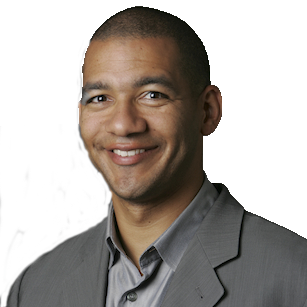 J.A. Adande
J.A. Adande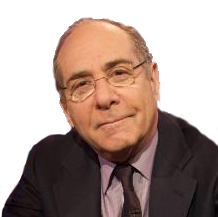 Robert Lipsyte
Robert Lipsyte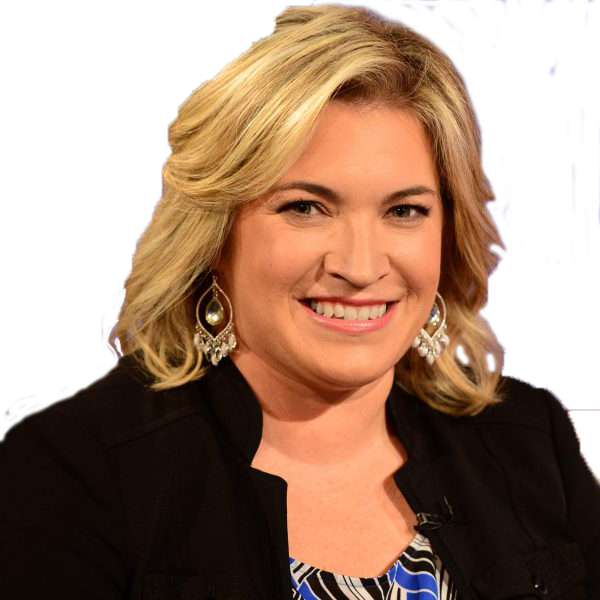 Ramona Shelburne
Ramona Shelburne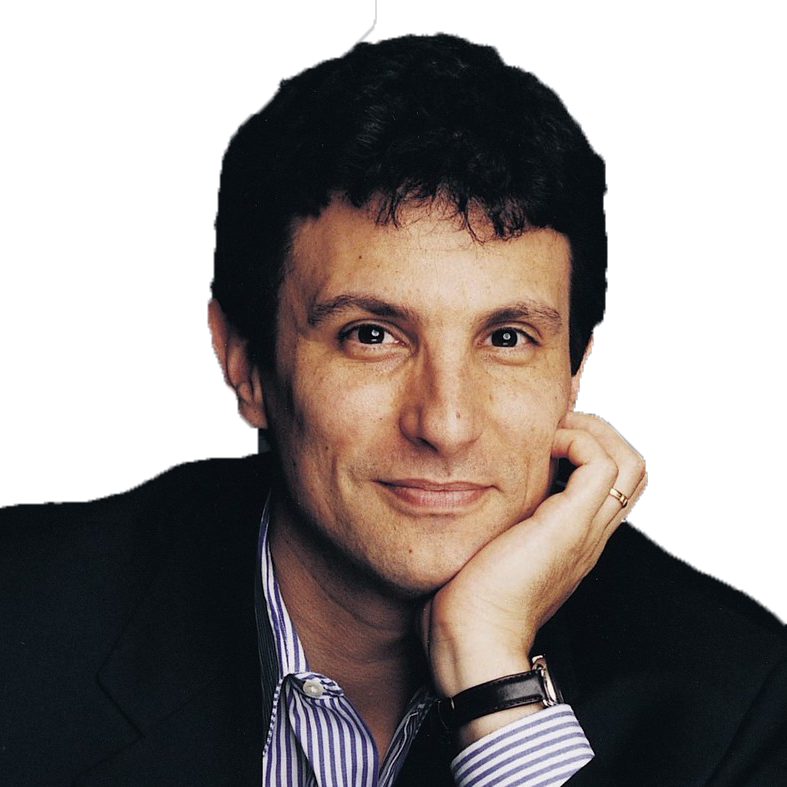 David Remnick
David Remnick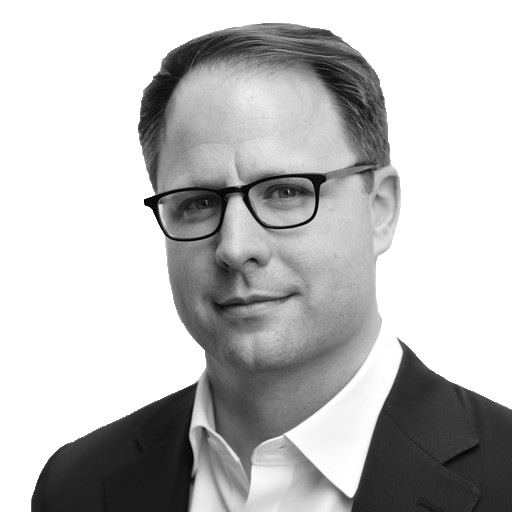 Bryan Curtis
Bryan Curtis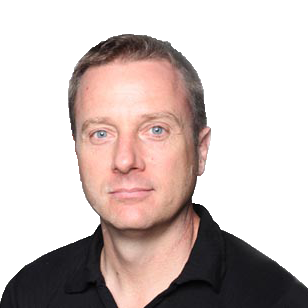 Chuck Culpepper
Chuck Culpepper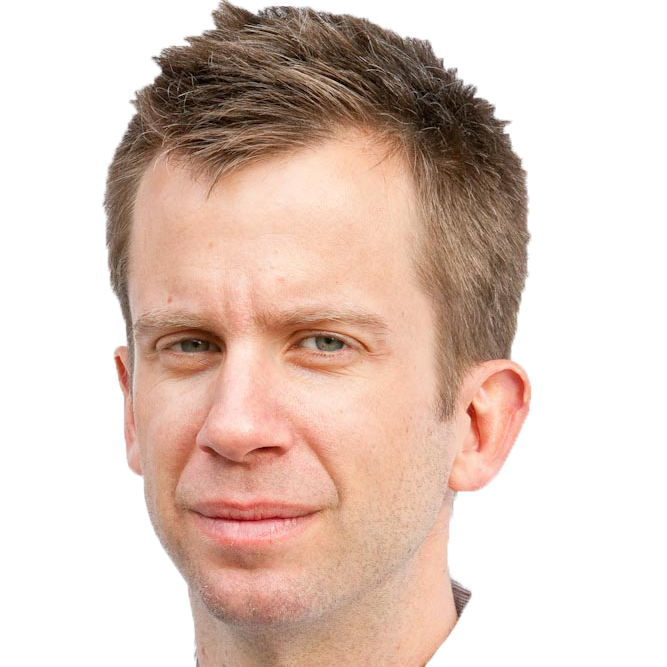 Jason Gay
Jason Gay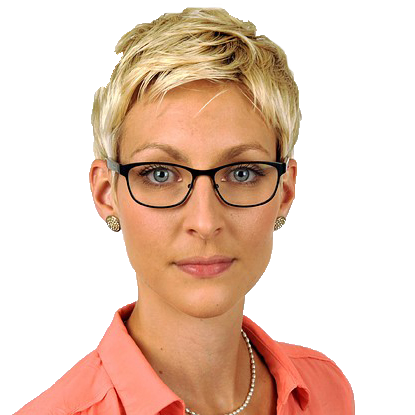 Heidi Blake
Heidi Blake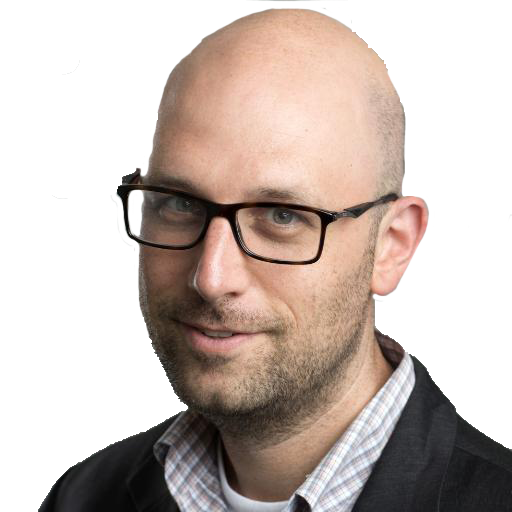 Dan Steinberg
Dan Steinberg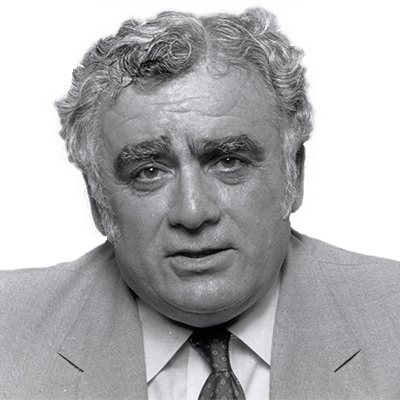 Jerome Holtzman
Jerome Holtzman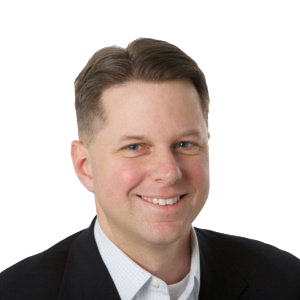 Barry Svrluga
Barry Svrluga
